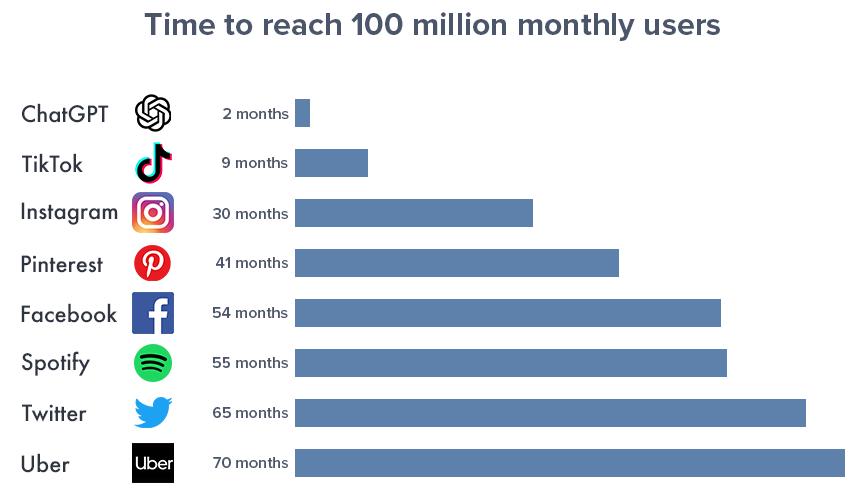Recently, Marie Wiese (CEO of Marketing Copilot; Microsoft MVP in AI) and Tucker Oldham (Director of Business Consulting and vCIO Services at Advanced Business Solutions) sat down to discuss five key considerations to make when developing an AI governance strategy. This blog will explore the 5 gotcha’s of AI governance you don’t want to slip between the cracks!
1. AI is Already in Your Organization — Whether You Know It or Not!
The speed at which AI is being adopted is unprecedented, changing how businesses work by making things faster and smarter. We often talk about Grammarly and autocomplete, but are we considering the risks? This practice can inadvertently include sensitive or proprietary information. While using AI for public data might be acceptable, the real danger lies in potentially exposing your business’s confidential data.
Ensuring proper guidelines and security measures are in place is crucial to protecting your company’s information. Many companies are using AI to automate tasks and make better decisions. Even those who believe they aren’t using AI are likely doing so in some capacity. The 2024 Work Trend Index Annual Report from Microsoft and LinkedIn shows how AI at Work Is Here. Now Comes the Hard Part – managing it.

The key takeaway? AI is more than just a futuristic concept—it’s a present-day reality that requires thoughtful governance. Any robust AI governance strategy should begin with recognizing AI’s presence in your organization to manage its impact effectively.
2. Control the AI Platforms Your Employees Use
Without proper oversight, AI can become a double-edged sword. There are many risks associated with employees using unauthorized AI tools that may expose sensitive business data. You must have full visibility and control over the AI platforms being utilized within your organization to safeguard sensitive information and prevent unintended data breaches.

3. The Importance of Training in AI Governance
AI is a powerful tool, but like any tool, it requires proper training to be used effectively. We’ve seen firsthand how a lack of training can lead to confusion and missteps in AI deployment. An important part of any good AI governance strategy is mandatory training before any AI tools are rolled out. Training can include things like ensuring your staff understands what type of material is approved to go into an AI tool and what must be reviewed before being sent to a customer, hitting social media, or going to production. Equipping your team with the proper training will ensure AI is being used safely and in line with your business goals!
4. AI Governance and Data Security
Start with clean data, but don’t stop there.
Before implementing AI, it’s crucial to clean your data:
Ask yourself:
- Where is my data?
- Do the right people have access?
- Can AI access it?
As you clean your data, you must:
- Restrict sensitive internal data such as salaries & HR information.
- Protect confidential client or patient data.
- Decide what types of data are for internal use only vs public use.
And while we know clean data is a crucial step for any organization looking to implement AI, organizations must also focus on data governance more broadly. At ABS, we help our clients establish clear data classification policies that protect sensitive information and optimize AI deployments. By starting with clean data and a solid data governance plan, you can prevent AI from amplifying existing issues and ensure that it delivers real value to your business.
5. Every Business Needs an AI Policy
No matter the size of your business, an AI policy is essential! Even small organizations should be transparent about how they use AI. We recommend that all our clients have a public AI policy available on their website, which outlines their approach to AI and how it aligns with their business ethics and operations. At ABS, we can help guide your businesses through the process of creating and enforcing these policies, ensuring that AI is used properly! Don’t know where to begin? Check out our AI policy template!
We know that AI holds immense potential to transform businesses—if it’s governed wisely. The “Gotchas” we discussed in our webinar are common pitfalls that can derail even the most well-intentioned AI initiatives.
For more information on responsible AI and building a robust AI governance strategy you can check out these FREE resources below:
Didn’t have the chance to watch the webinar? Tune in to the on-demand rewatch here: https://www.youtube.com/watch?v=7zeCpdxHBbE









